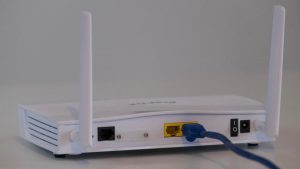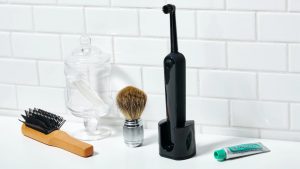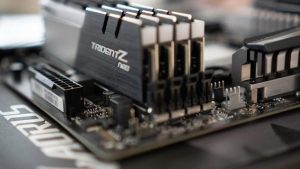
How to Choose a Heat Pump: A Comprehensive Guide
A heat pump is an essential piece of equipment for your home, especially if you live in an area with extreme temperatures. It provides both heating and cooling, making it an excellent investment for any homeowner. However, choosing the right heat pump can be a daunting task, especially if you don’t know what to look for. In this article, we will provide you with ten tips to help you choose the right heat pump for your home.
Know Your Heating and Cooling Needs
The first step in choosing the right heat pump is to determine your heating and cooling needs. The size of your home, the climate in your area, and your energy requirements will all play a role in your decision. You can determine your heating and cooling needs by calculating your home’s heat loss and heat gain. This will give you an idea of the size and capacity of the heat pump you will need to adequately heat and cool your home.
Consider the Size of the Heat Pump
The size of the heat pump you choose is crucial in ensuring that it operates efficiently. A heat pump that is too small will not provide sufficient heating and cooling, while a heat pump that is too large will consume more energy than necessary. To determine the appropriate size for your home, consider the square footage, insulation, and the number of windows and doors in your home.
Look for Energy Efficiency
The energy efficiency of your heat pump is another essential factor to consider. An energy-efficient heat pump will not only save you money on your energy bills but also reduce your carbon footprint. Look for a heat pump with a high SEER (Seasonal Energy Efficiency Ratio) rating for cooling and an HSPF (Heating Seasonal Performance Factor) rating for heating.
Check the Noise Level
The noise level of your heat pump can affect your comfort level in your home. Make sure to choose a heat pump with a low noise level to avoid disturbing your peace and quiet. A heat pump with a sound rating of 7.6 bels or lower is ideal.
Consider the Type of Heat Pump
There are two main types of heat pumps: air-source and ground-source. Air-source heat pumps extract heat from the outside air, while ground-source heat pumps extract heat from the ground. Consider the climate in your area and the available space in your yard when choosing the type of heat pump.
Look for Additional Features
When choosing a heat pump, consider additional features that can improve its performance and convenience. Features such as a programmable thermostat, variable speed motors, and a two-stage compressor can enhance your comfort and save you money on your energy bills.
Choose a Reliable Brand
Choosing a reliable brand for your heat pump is crucial in ensuring its longevity and efficient operation. Research different brands and choose one with a good reputation for quality and customer service.
Consider the Installation Cost
The cost of installation is another factor to consider when choosing a heat pump. Make sure to get quotes from different contractors and choose one that offers quality installation services at a reasonable price.
Check for Rebates and Incentives
Many states and utility companies offer rebates and incentives for homeowners who install energy-efficient heat pumps. Check with your utility company and state government to see if you qualify for any incentives.
Consider Maintenance Requirements
Finally, consider the maintenance requirements of the heat pump you choose. Regular maintenance is essential in ensuring the efficient operation of your heat pump. Choose a heat pump with easy-to-replace filters and accessible components for easier maintenance.
Conclusion
Choosing the right heat pump for your home is a crucial decision that can affect your comfort and energy bills. By considering the factors discussed in this article, you can make an informed decision and choose a heat pump that meets your needs and budget. Remember to consider the size, energy efficiency, noise level, type, additional features, brand reputation, installation cost, rebates and incentives, and maintenance requirements of the heat pump. With these tips in mind, you can find the perfect heat pump for your home that will provide you with reliable heating and cooling for years to come.
It is essential to work with a reputable contractor when installing your heat pump. A qualified contractor can help you choose the right size and type of heat pump for your home, ensure proper installation, and provide maintenance services to keep your system running efficiently. Be sure to ask for references and check the contractor’s licenses and insurance before hiring them.
In conclusion, a heat pump is an excellent investment for any homeowner, providing efficient heating and cooling throughout the year. By considering the tips outlined in this article, you can make an informed decision and choose a heat pump that meets your needs and budget. Remember to work with a reputable contractor for installation and maintenance services to ensure the longevity and efficient operation of your heat pump.













